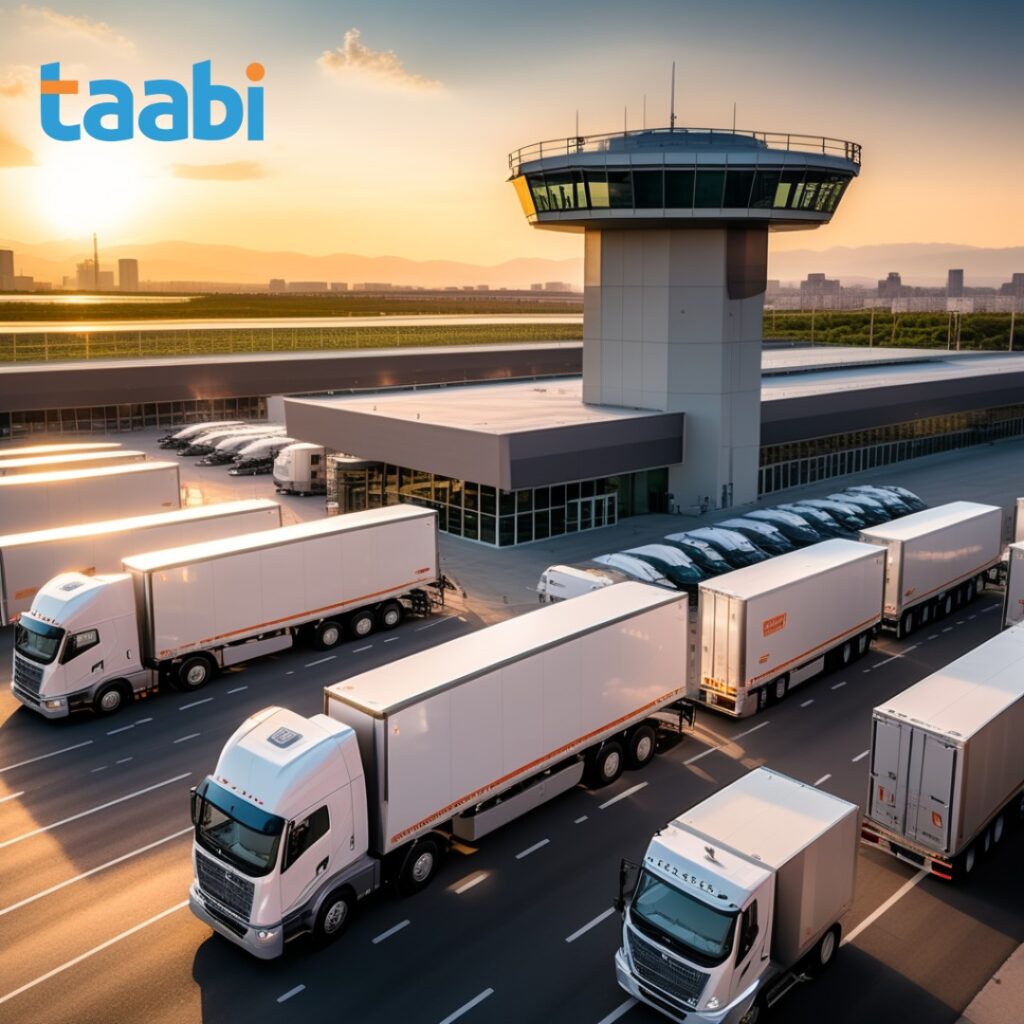For global businesses, transforming traditional supply chains into smart value chains represents a significant leap in operational efficiency and strategic advantage. A smart value chain, at its core, is an interconnected and intelligent network of supply chain operations enhanced by advanced technologies like AI, analytics, and IoT.
Unlike traditional supply chains, which often operate in silos with limited visibility, a smart value chain offers a holistic view of the entire process, from procurement to delivery.
The benefits of a smart value chain are manifold. Firstly, it increases operational efficiency through real-time monitoring and predictive analytics, enabling businesses to proactively anticipate and respond to supply chain disruptions. This approach not only reduces downtime but also enhances the reliability of supply chain operations.
Secondly, a smart value chain fosters better decision-making. With comprehensive data analytics, companies can make informed choices about suppliers, logistics, and inventory management, leading to cost savings and improved quality control.
The third advantage is enhanced customer satisfaction. Smart value chains allow for more accurate demand forecasting and quicker response times, ensuring that customer needs are met promptly and efficiently. This level of responsiveness is crucial in today’s dynamic market, where customer preferences and demands can change rapidly.
Incorporating a control tower for the supply chain is a pivotal aspect of developing a smart value chain. This concept involves a centralized platform that offers end-to-end visibility and control over the entire supply chain.
By integrating a control tower, companies can monitor, analyze, and optimize their supply chain operations in real-time, leading to significant improvements in efficiency, cost, and service levels.
Transitioning to a smart value chain is not just about adopting new technologies; it’s about rethinking supply chain management from a strategic perspective. By leveraging the power of analytics and real-time monitoring, businesses can transform their supply chains into dynamic, responsive, and efficient value chains that drive competitive advantage and sustainable growth.
Integrating a Digital Control Tower Solution into Your Supply Chain Management Systems for Analytics and Real-Time Monitoring
How a Digital Control Tower Solution Can Transform Supply Chain Operations
Enhanced Visibility and Transparency
Proactive Risk Management
Optimized Inventory Management
Improved Supplier Collaboration
Efficient Transportation and Logistics
Sustainability and Compliance
Customer-Centric Approach
Agility and Responsiveness
Taabi - AI, Analytics, and IoT-Powered Logistics Management Software







